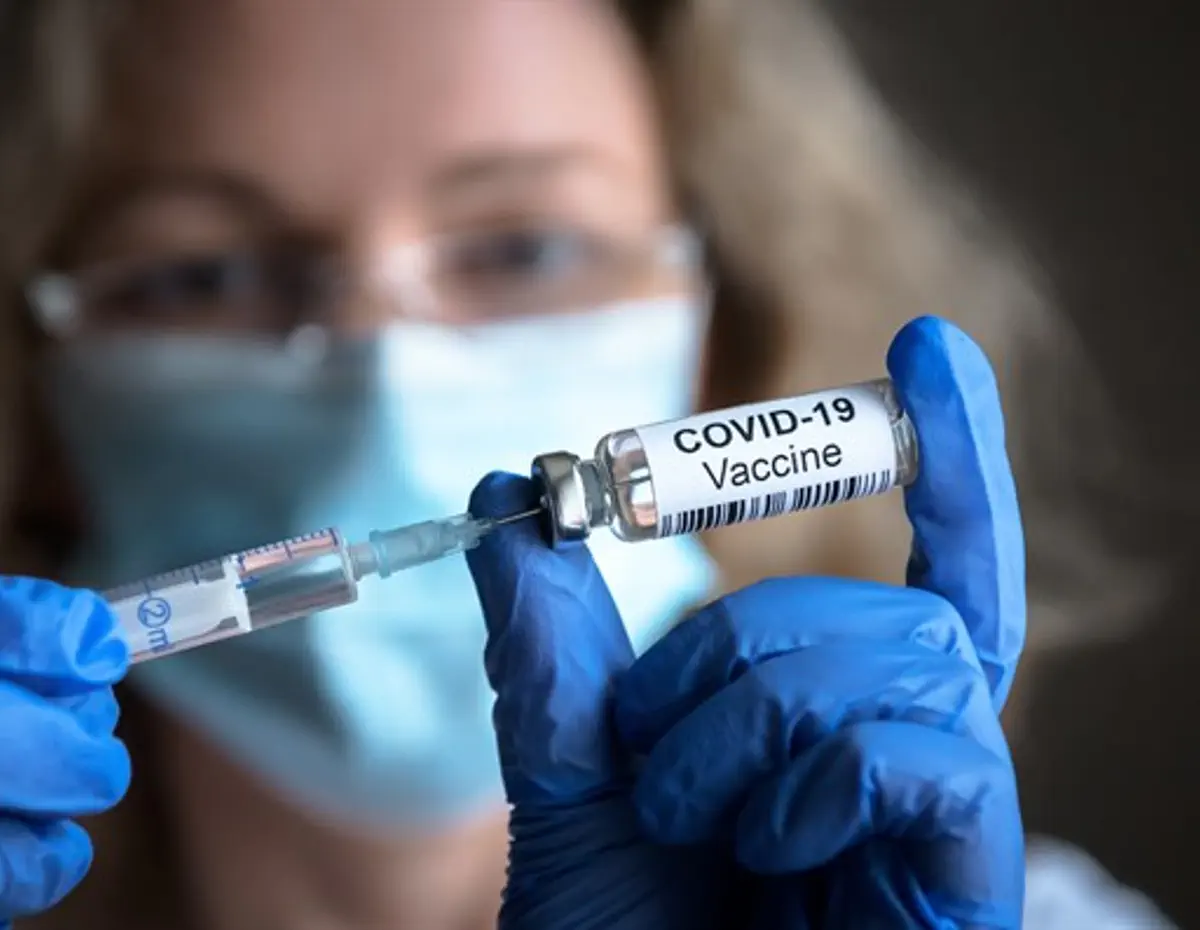The Cleveland Clinic study was in June and despite the Delta variant the reinfection rate is still at somewhere between 0.3 to 0.4%. Gotta love these "follow the science" people that completely ignore natural immunity.
Is the Mayo Clinic enough science for you?
To protect groups of people over time, it helps to know what level of recovery or vaccination in a population makes it hard for a germ to spread.

www.mayoclinic.org
How is herd immunity achieved?
There are two main paths to herd immunity for COVID-19 — infection and vaccines.
Natural infection
Herd immunity can be reached when enough people in the population have recovered from a disease and have developed protective antibodies against future infection.
However, there are some major problems with relying on community infection to create herd immunity to the virus that causes COVID-19:
- Reinfection. It’s not clear how long you are protected from getting sick again after recovering from COVID-19. Even if you have antibodies, it’s possible that you could get COVID-19 again.
- Health impact. Experts estimate that in the U.S., 70% of the population — more than 200 million people — would have to recover from COVID-19 to halt the pandemic. This number of infections could lead to serious complications and millions of deaths, especially among older people and those who have existing health conditions. The health care system could quickly become overwhelmed.
Vaccines
Herd immunity also can be reached when enough people have been vaccinated against a disease and have developed protective antibodies against future infection. Unlike the natural infection method, vaccines create immunity without causing illness or resulting complications. Using the concept of herd immunity, vaccines have successfully controlled contagious diseases such as smallpox, polio, diphtheria, rubella and many others.
Herd immunity makes it possible to protect the population from a disease, including those who can't be vaccinated, such as newborns or those who have compromised immune systems.
The U.S. Food and Drug Administration has given emergency use authorization to a handful of COVID-19 vaccines.
But reaching herd immunity through vaccination against COVID-19 might be difficult for many reasons. For example:
- Vaccine hesitancy. Some people may object to getting a COVID-19 vaccine because of religious objections, fears about the possible risks or skepticism about the benefits. If the proportion of vaccinated people in a community is below the herd immunity threshold, a contagious disease could continue to spread.
- Protection questions. It’s not clear how long the COVID-19 vaccines will protect you from COVID-19. Further research is needed to see how much the COVID-19 vaccines reduce transmission of the COVID-19 virus. Also, research suggests that COVID-19 vaccines may have lower efficacy against some of the variants of the COVID-19 virus. New variants, which could be more resistant to vaccines, are regularly emerging.
- Uneven vaccine roll-out. The distribution of COVID-19 vaccines has greatly varied among and within countries. If one community achieves a high COVID-19 vaccination rate and surrounding areas don’t, outbreaks can occur if the populations mix.
Or how about a professor and surgeon from Johns Hopkins University?
“Please, ignore the CDC guidance”
summit.news
Johns Hopkins Prof: Half Of Americans Have Natural Immunity; Dismissing It Is ‘Biggest failure Of Medical Leadership’
Or how about real world like is Israel where so far natural immunity is proving more effective vs. Delta than vaccination?
Nearly 40% of new COVID patients were vaccinated - compared to just 1% who had been infected previously.

www.israelnationalnews.com
Natural infection vs vaccination: Which gives more protection?
So not sure what skin you have in the game? Pfizer or Moderna shareholder? The only "skin" I have is my family's health.



